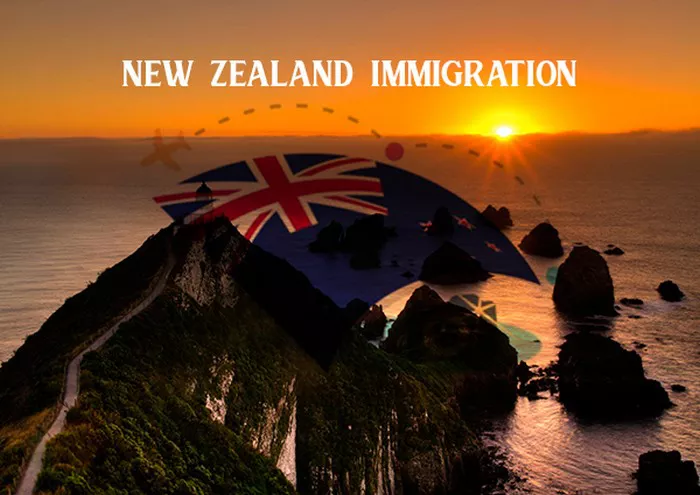In response to what authorities have deemed “unsustainable” levels of migration, New Zealand has implemented tighter regulations for work visas. The move comes amidst a surge in migration to the country, with a near-record 173,000 people migrating there last year.
Under the new rules, low-skilled applicants are now required to meet English-language proficiency standards and are permitted to stay for three years, reduced from the previous five-year allowance. These adjustments aim to address concerns about the influx of migrants and its impact on the economy.
According to Immigration Minister Erica Stanford, aligning immigration policies with economic goals is crucial for the government’s plan to rebuild the economy. The tightened regulations include minimum skills and work experience requirements for most work visas. Additionally, plans to fast-track residency for 11 occupations, such as welders and fitters, have been shelved.
Employers bear the responsibility of ensuring that migrant workers meet the specified qualifications and skill requirements before hiring them. Stanford emphasized that these measures mark the beginning of a broader effort to develop a more effective immigration system and prevent the exploitation of migrant labor.
Prime Minister Christopher Luxon previously expressed concerns about the sustainability of New Zealand’s high net migration rates. He criticized the previous government’s handling of immigration policies, stating that it opened the floodgates during a period of economic slowdown.
Despite the government’s efforts to address migration concerns, some policymakers and industry representatives have raised apprehensions about unintended consequences. Alan McDonald, Head of Advocacy at New Zealand’s Employers and Manufacturers Association, voiced concerns about striking the right balance between attracting skilled workers and avoiding negative impacts on the economy.
New Zealand’s actions follow a similar trend in neighboring Australia, which announced plans to halve its migration intake and tighten visa rules for international students and low-skilled workers. The Australian government’s decision reflects pressure to alleviate housing and infrastructure challenges exacerbated by high levels of migration.
As New Zealand and Australia navigate the complexities of migration policy, both countries face the challenge of maintaining economic growth while addressing the social and economic implications of population movements.


